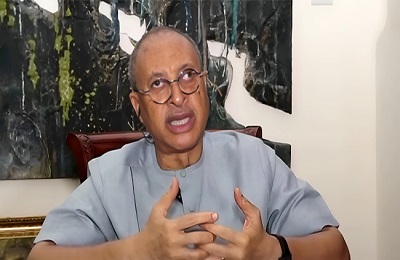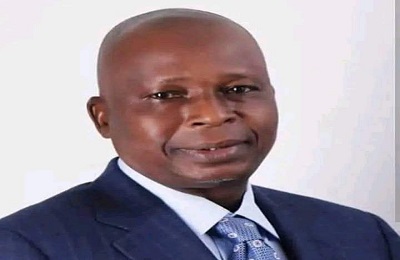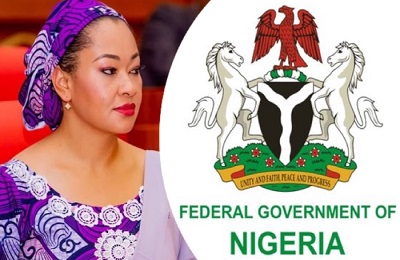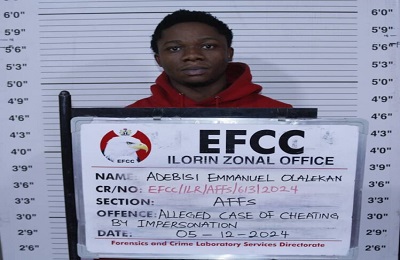ABUJA – The Department of State Services (DSS) has received court approval to serve legal documents on Professor Pat Utomi at his Lagos residence. Justice James Omotosho of the Federal High Court, Abuja, granted the motion. This development stems from a DSS suit accusing Utomi of a plot to establish a shadow government.
The DSS filed its suit on May 13. The agency alleges that the plan by Utomi, a former presidential candidate for the African Democratic Congress (ADC), poses “a grave threat to national security.”
The DSS legal team argued, “Such a structure, if left unchecked, might incite political unrest, cause inter-group tensions, and embolden other unlawful actors.” A hearing for the case is scheduled for June 25. Professor Utomi is expected to file his response before that date.
DSS Seeks Court Ban on Parallel Authority
In its legal challenge, the DSS is urging the court to declare the proposed “shadow cabinet” unconstitutional. The agency specifically points to Sections 1(1), 1(2), and 1(4)(a) of the 1999 Nigerian Constitution (as amended) to support its claim.
“The establishment or operation of any governmental authority or structure outside the provisions of the Constitution is unconstitutional, null, and void,” the DSS emphatically stated in its court filings.
Furthermore, the security agency seeks a perpetual injunction. This order would permanently restrain Utomi and any associates from taking any steps to form the purported body. The DSS described the initiative as “an attempt to create a parallel authority not recognized by the Constitution of the Federal Republic of Nigeria.” The core of the DSS’s argument is that any shadow government would be illegal.
Intelligence Reports and Security Concerns Cited
The DSS, which serves as Nigeria’s principal domestic intelligence agency, asserted that it has been monitoring Professor Utomi’s actions. This surveillance has reportedly involved intelligence gathering and reviewing public materials. These materials include social media posts and interviews given by Utomi.
“The defendant… announced the formation of this body with the intent to challenge the legitimacy of the democratically elected government,” the DSS claimed in its sworn affidavit.
The agency issued a stern warning. It stated that such activities “are capable of misleading segments of the Nigerian public, weakening confidence in the legitimacy of the elected government, and fuelling public disaffection.”
According to the DSS, obtaining a court declaration that the operation is illegal is crucial. Such a declaration is needed “in the interest of justice, national security, and the rule of law.”
By Abdullah Korede








